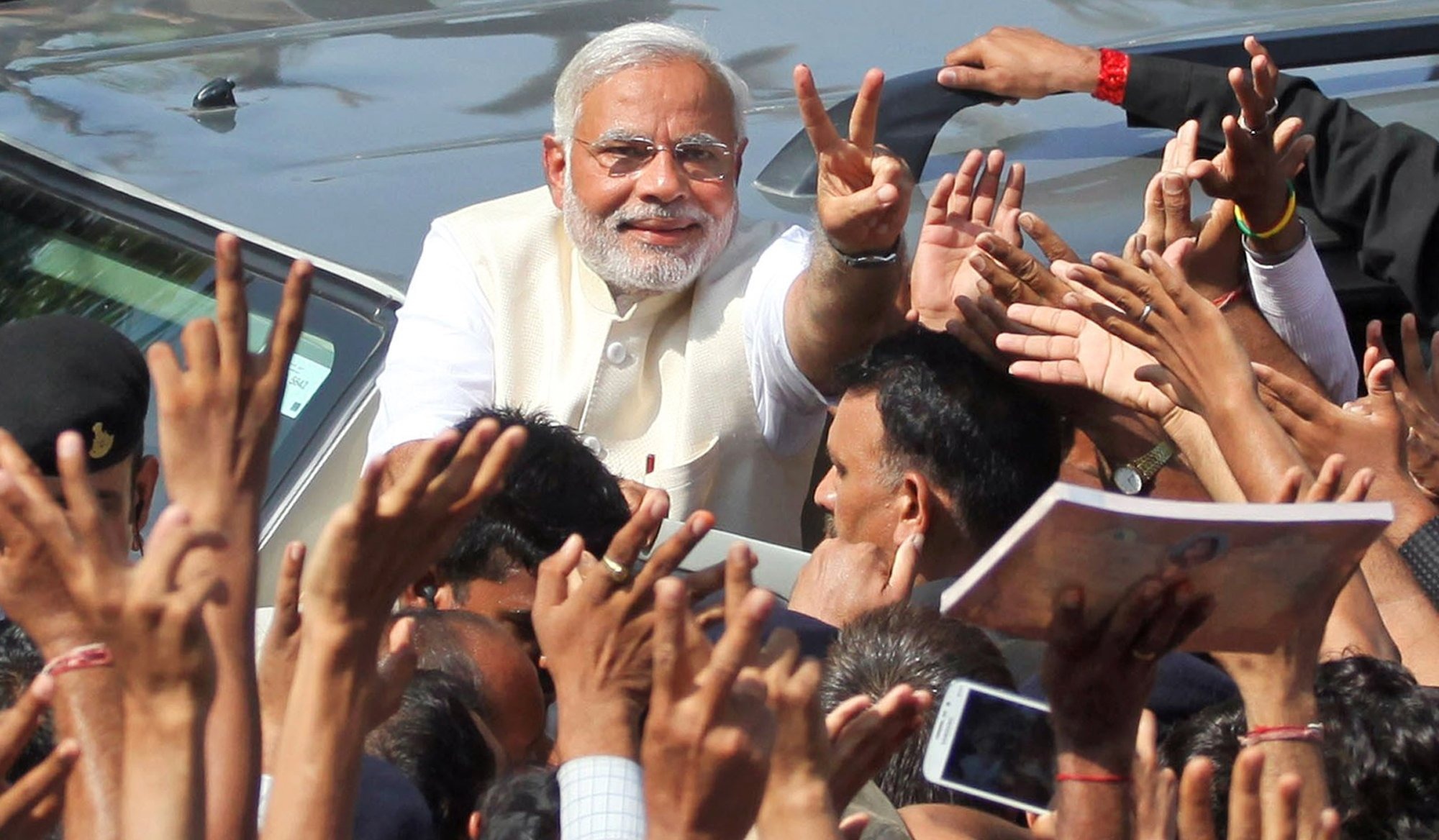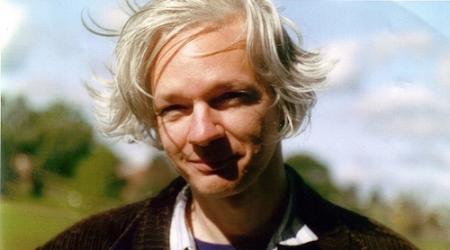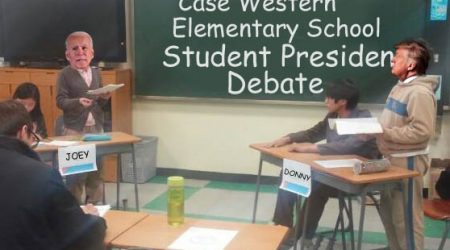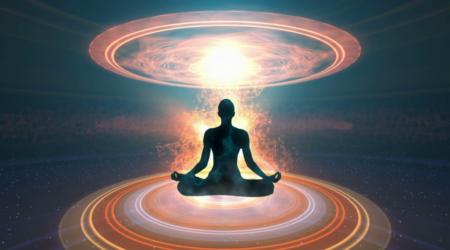By Asaduddin Owaisi
Prime Minister (PM) Narendra Modi has revived his call for simultaneous national, state and local elections, saying that “one nation, one election” was not “just an issue of deliberation”. Deliberation on this issue is not likely to favour the PM’s viewpoint, which is why he has declared it to be a “need of the country”, without any evidence of such a need. Besides, the PM’s ideological affinity to the adage of “one nation, one everything”, there seems to be no rationale for such an exercise.
The PM has cited two justifications. First, that repeatedly conducting elections is a costly affair, and holding elections simultaneously will make them less expensive. Second, that “frequent” elections mean that the model code of conduct (MCC) is frequently in place, which purportedly prevents the government from carrying out developmental activities.
These justifications are not supported by data. But it is more important to understand the underlying premise of what the PM is saying — that constitutional principles and democratic norms are contingent on money and administrative convenience. If one were to expand on this premise, should one discard an independent judiciary because it is simply too expensive to construct buildings for courts or pay salaries to judges? Should one do away with hiring and training police officers because the constitutional duty to protect life and property is turning out to be too expensive? The Constitution’s obligations do not come with a price tag.
The PM has also sought to include local body elections within the scope of his proposal. Local bodies are governed by statutes enacted by the states and are constituted differently in different states. The Constitution exclusively empowers state legislatures to legislate on issues concerning “local government”, and elections to these local bodies are overseen by the state election commissions, which are independent of the Election Commission of India.
The underpinning assumption is that the complexity of local body elections requires separate administrative machinery and special oversight.
History offers lessons too. India was the first country in the world that did not gradually expand the right to vote, and instead, embraced the egalitarian principle of universal adult franchise. Many members in the Constituent Assembly were sceptical of universal adult franchise and what it would mean in a country where the vast majority of citizens were impoverished, illiterate and had little experience with formal institutions of democracy.
And yet, India held its first elections immediately after adopting its Constitution. It is unthinkable that our founders would have restricted franchise simply because it was too expensive or inconvenient, despite the fact that the young Republic was still reeling from the horrors of Partition, and had recently fought its first war with Pakistan. Subsequently, India has organised non-simultaneous elections despite financial crises, wars, armed insurgencies and communal pogroms.
One nation-one election will also mean the total annihilation of regional parties. The absence of regional parties will mean that regional concerns are left without a voice at the decision-making table.
The BJP’s tendency to treat India’s diversity as somehow dangerous will severely damage federalism and parliamentary democracy. By choosing to sacrifice constitutional principles at the altar of imaginary efficiency, it will put India’s democracy under severe strain.
(Asaduddin Owaisi is Member of Parliament from Hyderabad and president, AIMIM. The Op-Ed appeared in The Hindustan Times)











